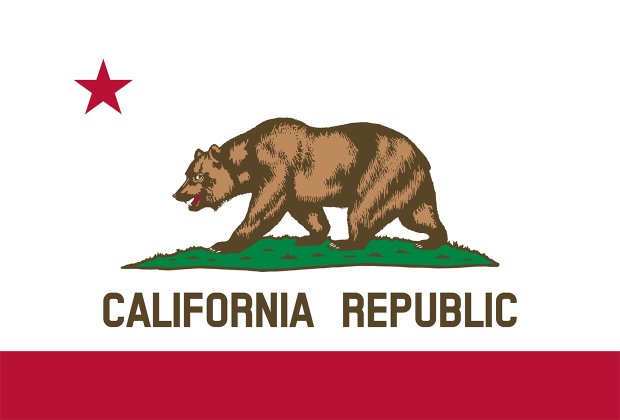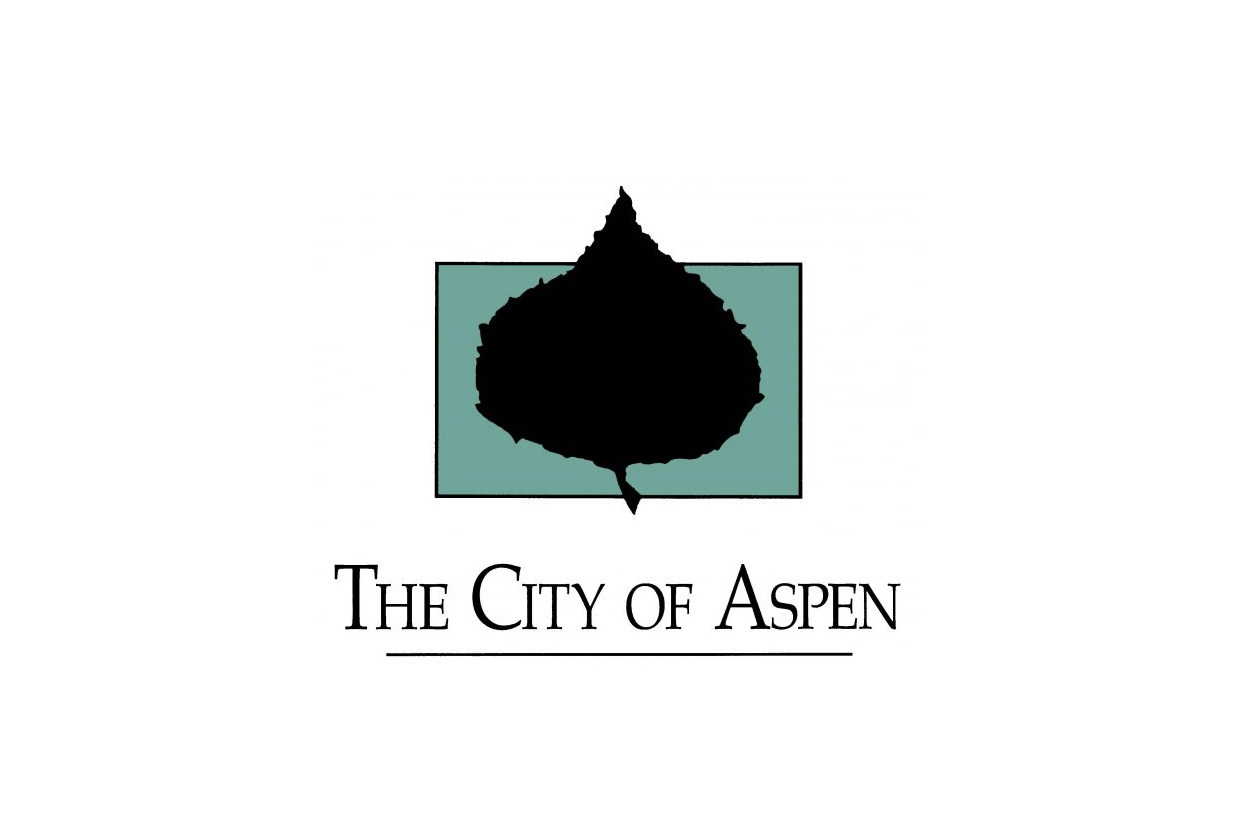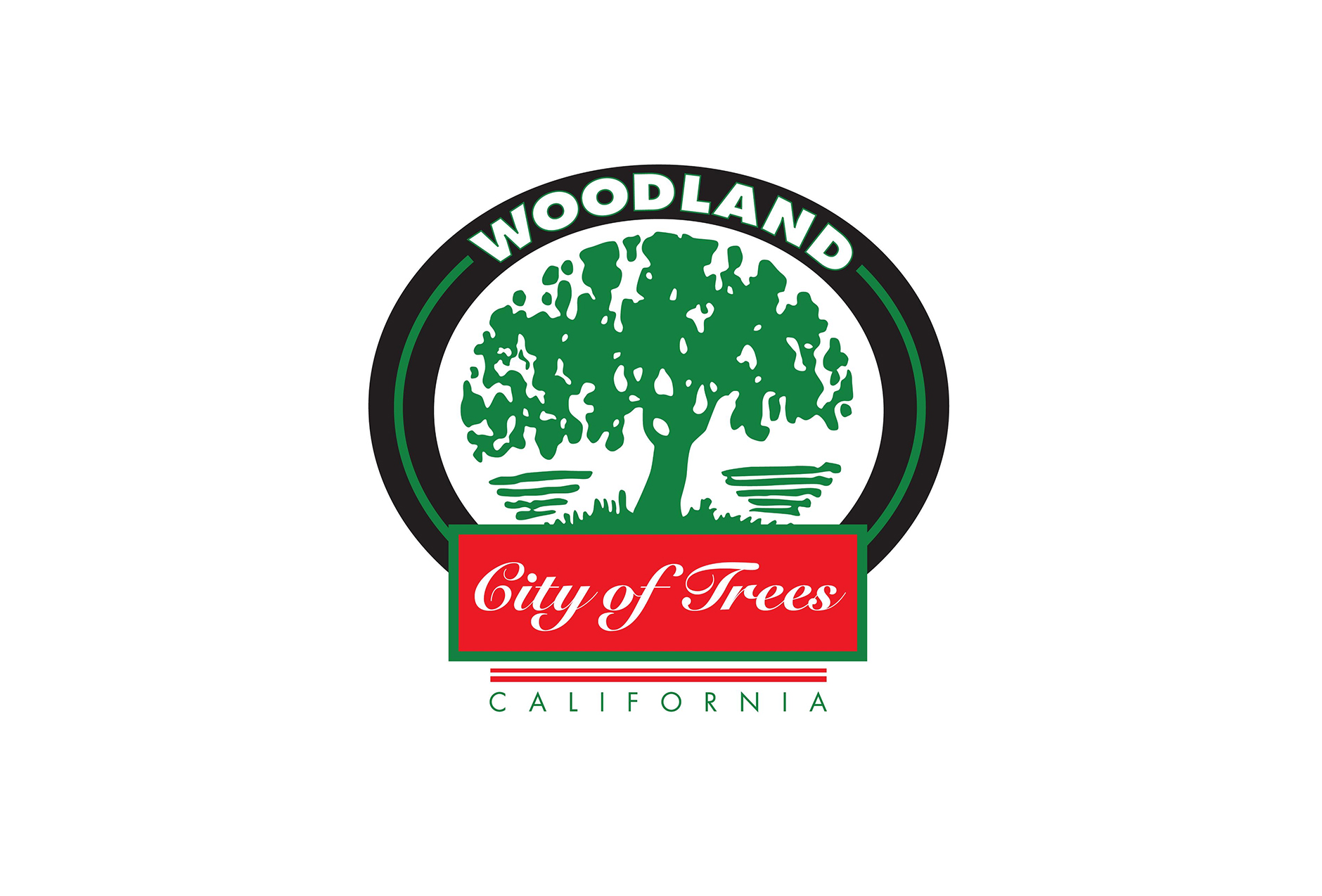Flavored tobacco products are about to get a lot harder to come by in California, as on Friday, Gov. Gavin Newsom signed SB 793 into law. His signature came after the Senate unanimously the amended version of the bill returned by the Assembly, voting 34-0 in favor of it on Friday.
The bill prohibits a tobacco retailer, or any of the tobacco retailer’s agents or employees, from selling, offering for sale, or possessing with the intent to sell or offer for sale, a flavored tobacco product or a tobacco product flavor enhancer, subjecting them to a fine of $250 for each violation. It also allows local governments to impose greater restrictions on the access to tobacco products than the bill imposes.
It also does not make the possession or use of flavored tobacco products illegal.
There are exceptions to the ban, however, including one for premium cigars, though it is not terribly favorable or likely to mean that many premium cigars make the cut.
In the bill, the state defines a premium cigar as any cigar that is handmade, is not mass-produced by use of mechanization, has a wrapper that is made entirely from whole tobacco leaf, and has a wholesale price of no less than $12. Additionally, it must not -have a filter, tip, or nontobacco mouthpiece, and must be capped by hand.
The ban does not apply to sales of premium cigars sold in cigar lounges where products are purchased and consumed only on the premises, or to premium cigars in general. The problem with the exemption is that few if any flavored cigars meet the pricing threshold, as that would mean the MSRP for an exempted cigar is around $24, and with the state’s tax rate of 56.93 of the wholesale price, the likely cost at the register for such a cigar is nearly $38.
Also gaining an exemption is loose leaf tobacco, a win for pipe smokers and those who like to roll their own cigarettes.
But the biggest exemption goes to hookah lounges, as the ban does not apply to the sale of flavored shisha tobacco products by a hookah tobacco retailer provided four conditions are met:
- The hookah tobacco retailer has a valid license to sell tobacco products;
- The hookah tobacco retailer does not permit any person under 21 years of age to be present or enter the premises at any time;
- The hookah tobacco retailer shall operate in accordance with all relevant state and local laws relating to the sale of tobacco products; and
- If consumption of tobacco products is allowed on the premises of the hookah tobacco retailer, the hookah tobacco retailer shall operate in accordance with all state and local laws relating to the consumption of tobacco products on the premises of a tobacco retailer.
The ban goes into effect on Jan. 1, 2021.
California joins Massachusetts as the two states having flavored tobacco bans, though each have their own unique exemptions to the laws. In Massachusetts, businesses defined as “smoking bars” are still able to sell flavored tobacco products and vaping products.



